 Well we are a week into 2016, so we thought we would repost a great piece by our own mindfulness expert, Miranda Bevis. How many of us are still keeping to those new year’s resolutions? Should we even be trying – adding additional pressures to our already stressful days?
Well we are a week into 2016, so we thought we would repost a great piece by our own mindfulness expert, Miranda Bevis. How many of us are still keeping to those new year’s resolutions? Should we even be trying – adding additional pressures to our already stressful days?
In days gone by, as the old year departed, I would enthusiastically construct a huge list of New Year’s Resolutions. This was it! I was at last going to get in control! Become thin and fit and popular, well read, up to date with current affairs and so, so organized. And for the first few days, I’d get up early, go for a run, read improving books and eat improving food. Hoover under the sofa, tidy my sock drawer and open brown envelopes immediately.
If I’d managed to carry all these good intentions through, by now I would be lean and fit, living a life that worked like clockwork, fluent in a number of foreign languages, with an In tray that was always empty, and an Out smugly full. But happier? I’m not so sure.
Anyway, not surprisingly, I rarely got beyond week one with any of them; certainly they never made it to February. Very quickly, exhaustion, apathy and chocolate would take over, and I would be back where I started.
Why do we do this? I suspect it’s got something to do with wanting getting to grips with life, and to feel more in control. Perhaps coming from a feeling of not really being in control.
And while there’s nothing wrong with wanting to improve aspects of our lives, perhaps we need to hold on to these goals lightly, and understand that even if we achieved them, it wouldn’t necessarily make us happy or help us to navigate the pitfalls of life.
The truth is that we just aren’t fully in control of our lives. Difficult things are always going to happen. Mindfulness offers the possibility of being “in control of not being in control”. It helps us embrace both the pleasant and the unpleasant, the joys and the tragedies of life with equanimity. It’s not about trying to change things, but simply learning to be OK with being exactly where we are.
So these days, there’s only one item on the list, and that is to do as much Mindfulness as I possibly can. Over and over to come back to the present, to the simple breath, to an awareness of what I’m doing , while I’m doing it.
And strangely, the more I practice, I find that some of the things on the original list begin to come more naturally. By developing a kindly awareness towards myself, it becomes much easier to give myself what I truly need.
Still not great with brown envelopes though.
 Miranda is offering mindfulness taster sessions at The Terrace, Taunton in January 2016:
Miranda is offering mindfulness taster sessions at The Terrace, Taunton in January 2016:
Taster Sessions:
Tuesday January 12th 6.30- 8.00pm
Wednesday January 13th 9.30- 11.00am
Cost £5
Eight week Mindfulness Courses
Starting Tuesday January 26th 6.30- 8.45pm
Starting Wednesday January 27th 9.15- 11.30am
Optional half day for both courses: Sunday 6th March See the Events page of The Terrace website for full details.
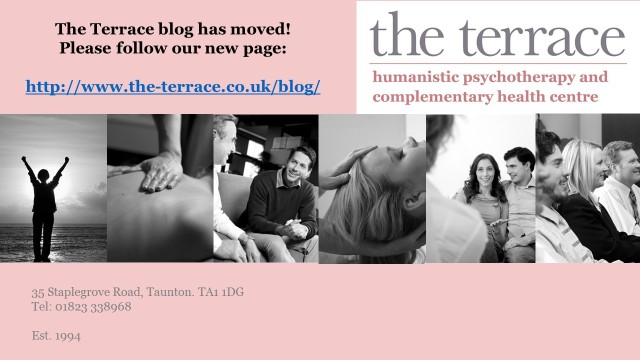
 It has always been tough to be a teenager – it is a rite of passage; a period when wanting to be treated as an adult combines with the vulnerabilities of childhood to make an often confusing mix of emotions. But are 21st century pressures increasing the risks of long-term health issues?
It has always been tough to be a teenager – it is a rite of passage; a period when wanting to be treated as an adult combines with the vulnerabilities of childhood to make an often confusing mix of emotions. But are 21st century pressures increasing the risks of long-term health issues?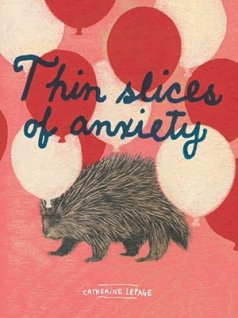 An article in The Guardian struck me quite forcefully today. It highlighted the value of a book that I have come across before – its pictures representing a personal struggle against anxiety in a way that speaks to me – and to many others who have to find ways to manage the feelings associated with those generalised anxiety disorder (or GAD). The lack of confidence, indecision and sheer panic. The inability to move forward, or to see a positive future.
An article in The Guardian struck me quite forcefully today. It highlighted the value of a book that I have come across before – its pictures representing a personal struggle against anxiety in a way that speaks to me – and to many others who have to find ways to manage the feelings associated with those generalised anxiety disorder (or GAD). The lack of confidence, indecision and sheer panic. The inability to move forward, or to see a positive future.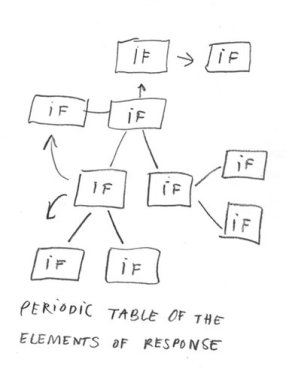

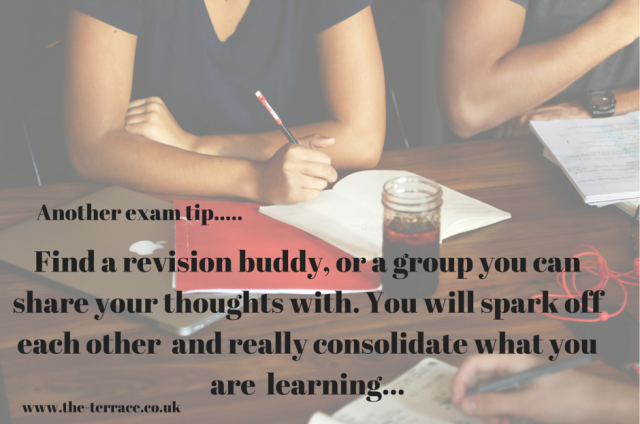
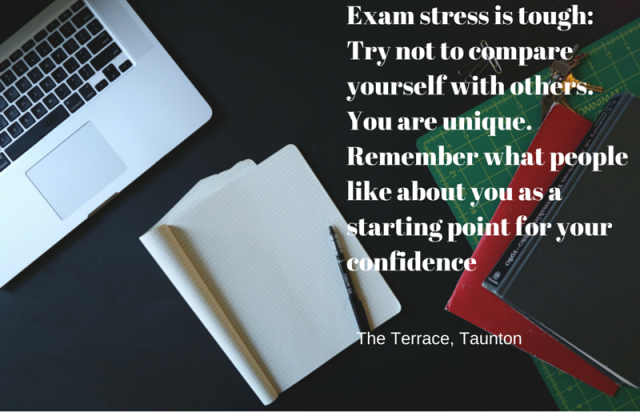


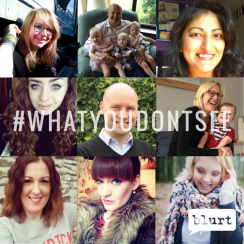 Darker than grief, an implosion of the self, a sheet of ice: no matter how you describe it, this is a terrifying state to be trapped in Tim Lott, The Guardian Tuesday 19th April 2016.
Darker than grief, an implosion of the self, a sheet of ice: no matter how you describe it, this is a terrifying state to be trapped in Tim Lott, The Guardian Tuesday 19th April 2016. Last week, officials from the Department of Environment, Food and Rural Affairs (DEFRA) agreed to pursue the development of a mental health strategy for the farming industry, prompted by David Simpson MP, who demanded government intervention to deal with the specific mental strains that farmers face.
Last week, officials from the Department of Environment, Food and Rural Affairs (DEFRA) agreed to pursue the development of a mental health strategy for the farming industry, prompted by David Simpson MP, who demanded government intervention to deal with the specific mental strains that farmers face.

 Here at The Terrace we are lucky enough to have a group of therapists skilled at working with clients on specific issues. Today we are highlighting
Here at The Terrace we are lucky enough to have a group of therapists skilled at working with clients on specific issues. Today we are highlighting  Do you ever switch off? REALLY switch off?
Do you ever switch off? REALLY switch off?
